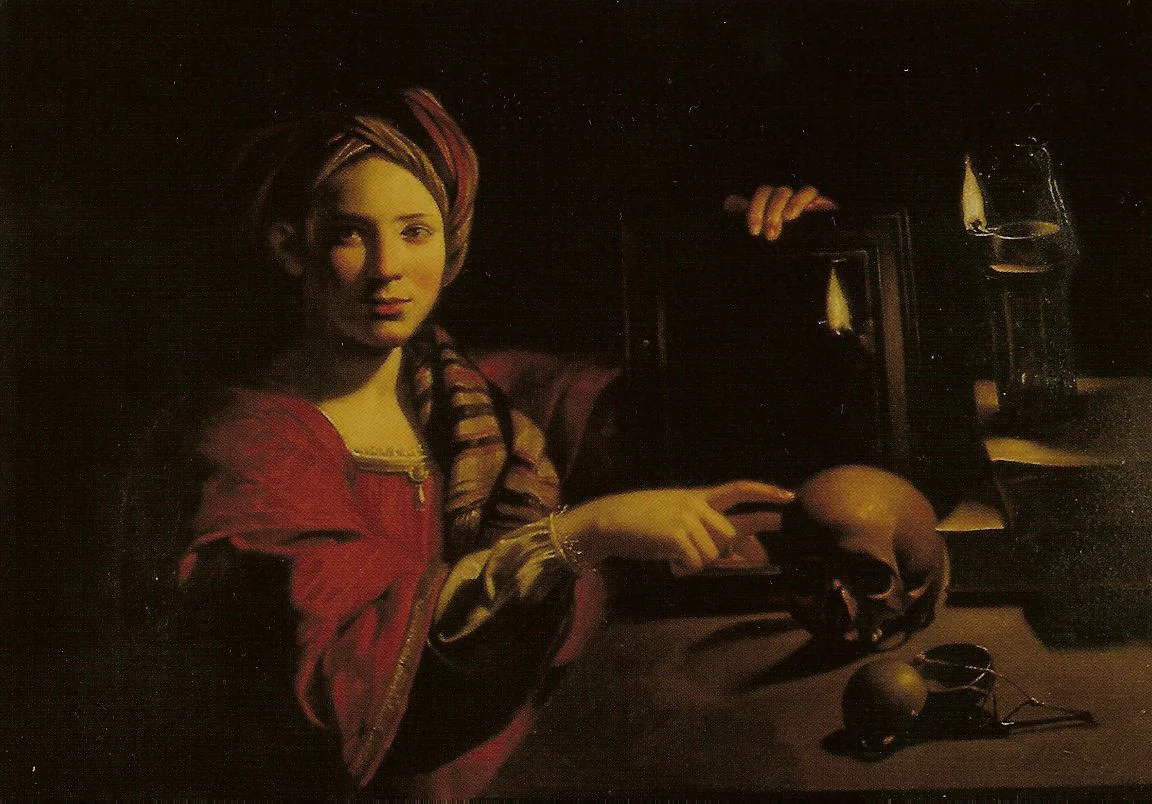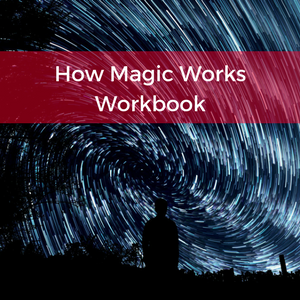I was recently asked by a reader what I thought about the word energy. He noted that I’ve used it sometimes and I have used it. However, I find the word energy to be terribly imprecise and I have become more and more reluctant to use it, because I don’t feel that it really captures the experience of what I’m trying to share. If anything what it does is create distance from the experience. I mentioned this to my reader and went on to share a statement I’ve been using lately: Challenge what you know by discovering what you can learn. I say this statement a fair amount and there’s a reason I make that statement. It’s because I favor experience over conceptualization, experiential learning over models that abstract and distance us from the experience.
I want to share with you why I don’t care for the models of magic approach that some people use to try and categorize magic, and why instead I prefer an experiential approach to magic. The problem with the models of magic is that they’re an attempt to categorize magic and fit it into a neat little box that says this is what magic is. But I’ve found you can’t easily fit magic into a box and when you try to what ends up happening is that you lose something essential to magic.
You lose the experience, because magic becomes this abstract theory and every experience you have…well you end up trying to fit the experience into that theory. It’s like fitting a round peg into a square hole. It doesn’t work very well and its uncomfortable. The experience is sacrificed in favor of the theory and model.
Now as you may know, I use the word process a lot when I talk about magic, and that’s because I apply a methodical process approach to my magical workings, which allows me to draw on specific principles of magic that I’ve observed and experienced at work. These principles could be considered theories, but they are rooted in the experiences I’ve had, and subsequent experiences support the principles. I rely on the experiences I have with magic to inform and shape my understanding of the principles and process of magic.
By relying on the experience I challenge what I know, in the form of abstract theory, with what I can discover by learning from the experience. The experience keeps me open to discovery because I’m choosing to steep myself in it, and letting it teach me. With any magical working, I rid myself of preconceptions about what will happen and instead do the work and let the experience teach me. Most times, the experiences end up confirming previous experiences and indicate that the principles I’m working with are accurate, but there are the rare occasions where the experience may end up being different and at that point I get the exciting opportunity to discover what made the experience different and see how it changes my understanding of magic.
An experiential approach to magic isn’t as chaotic as it may seem. Experiences invite us to compare and contrast against other experiences, especially when you apply a methodical process approach that allows you to break out how your working will work and what will happen to help you achieve the result you’re going for. But what experiences also do is prevent us from getting boxed in with stagnant magic theories that do little to actually evolve magical practice, like the models of magic.
You don’t need to categorize magic to get it to work. You just need to open yourself to the experience, while applying some process to what you’re doing. You’ll learn a lot about magic and yourself, because you won’t be restricting yourself to some preconceived abstract concepts of how magic works. You’ll actually do the work and discover how it works through the experiences you have, and your observations of those experiences.

